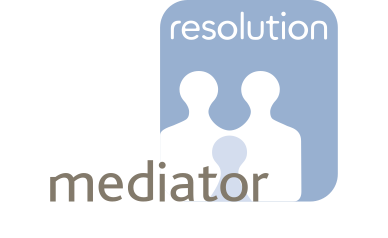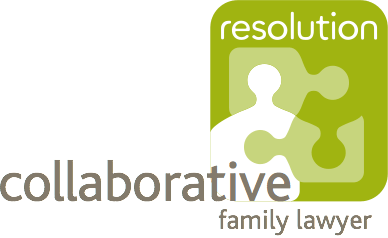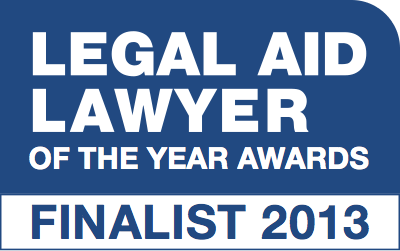5 things to know when buying a leasehold
Most flats in England and Wales are sold on a freehold basis, as are many new build houses that have been sold in recent years. There are lots of horror stories about leaseholds, such as issues around escalating ground rents, so it’s important to understand what the potential problems are and what to look out for, so you can buy with confidence.
The following are five of the key issues to think about when buying a leasehold to ensure you do not end up experiencing problems after the sale is final. It is also crucial to work with an experienced conveyancing solicitor who can identify anything that could be an issue and advise you on your options.
What is a leasehold?
When you buy the freehold on a property, you are buying it outright, meaning it is yours to do with as you wish. However, when you buy a leasehold, you are only buying the right to live in the property for the length of the lease while someone else owns the freehold.
You will normally have various ongoing costs to pay to the freeholder (see below) and will have to pay an additional fee to them if you want to extend the lease i.e. increase the length of time you are allowed to stay there.
Your liability for ground rent, service charges & other ongoing costs
There are various ongoing costs you are likely to have to pay to the freeholder as part of your lease. These should all be clearly set out in the lease, but sometimes the way leases are written can be confusing or ambiguous, so you need to make sure you fully understand all of your ongoing financial liabilities.
The most common ongoing costs of a freehold are:
Ground rent – This is normally paid annually and for many older leaseholds it is often a nominal sum of just a few pounds that freeholders may not even collect. However, for newer leaseholds, including many leasehold houses, ground rent can be hundreds of pounds a year.
It can also be a term of your lease that the ground rent will double at fixed intervals (often every 5, 10 or 15 years), which can quickly see the cost escalate. This could potentially leave your property unmortgageable, making it very hard to resell your lease and significantly reducing its value.
Service charges – These cover issues such as maintenance of communal areas. They can also be substantial, so it is important to be clear how much your service charges are and what they cover.
Other costs – Your lease may also make you liable for covering any reasonable costs required to maintain, repair or update the property, which can potentially run into thousands of pounds if significant works are ever required.
You may also be obliged to make regular payments into a ‘sinking fund’, with the money held against the cost of any future repair works or other similar costs to the freeholder.
Who owns your freehold?
Knowing who owns your freehold is important in case there is every any issue with the property or the terms of your lease, or if you later wish to renew your lease or buy the freehold. Who the freeholder is will not always be clear, so this is something your conveyancing solicitor should uncover for you during the process of buying your leasehold.
It is also important to know who is in charge of managing the property if this is someone other than the freeholder. In many cases, there will be a managing agent who has day-to-day responsibility for the property and they will be your main point of contact if you have any issues to resolve.
Your statutory rights as a leaseholder
If you have owned your leasehold for at least 2 years, you will likely have a statutory right under the Leasehold Reform Act 1993 to extend your lease by at least 90 years.
You may also have the right to buy the freehold or take over the management of the building depending on the circumstances. If you live in a flat where the building is owned by a single freeholder, you will normally need at least 50% of leaseholders in the building to take part in buying the freehold or exercising your ‘right to manage’ in order to do so.
Marriage value and the ’83-year lease’ rule
If there are fewer than 80 years left on your lease and you want an extension, you will have to pay 50% of the property’s ‘marriage value’ on top of the usual lease renewal costs.
Marriage value is how much the property’s value will increase as a result of the renewal and can be very significant. You should therefore always be wary of buying a property with fewer than 80 years left on the lease or whether the lease is getting close to this threshold.
As a general rule, it is risky to buy a leasehold property with fewer than 83 years left on the lease as you will need to wait 2 years to qualify for a statutory lease extension and the process of getting an extension can take several months.
Get safe, reliable and efficient conveyancing buying a leasehold
At Atkins Hope, our experienced residential property solicitors offer clear expertise and first-class personal service for buying leasehold property, as well as all other types of conveyancing transactions including selling leaseholds, lease renewals and leasehold enfranchisement.
We are members of the Law Society’s Conveyancing Quality Scheme, reflecting the high quality of our property services.
For expert help with buying a leasehold, please get in touch with our specialist residential property solicitors in Croydon, Medway, Blackheath and Guildford now.








